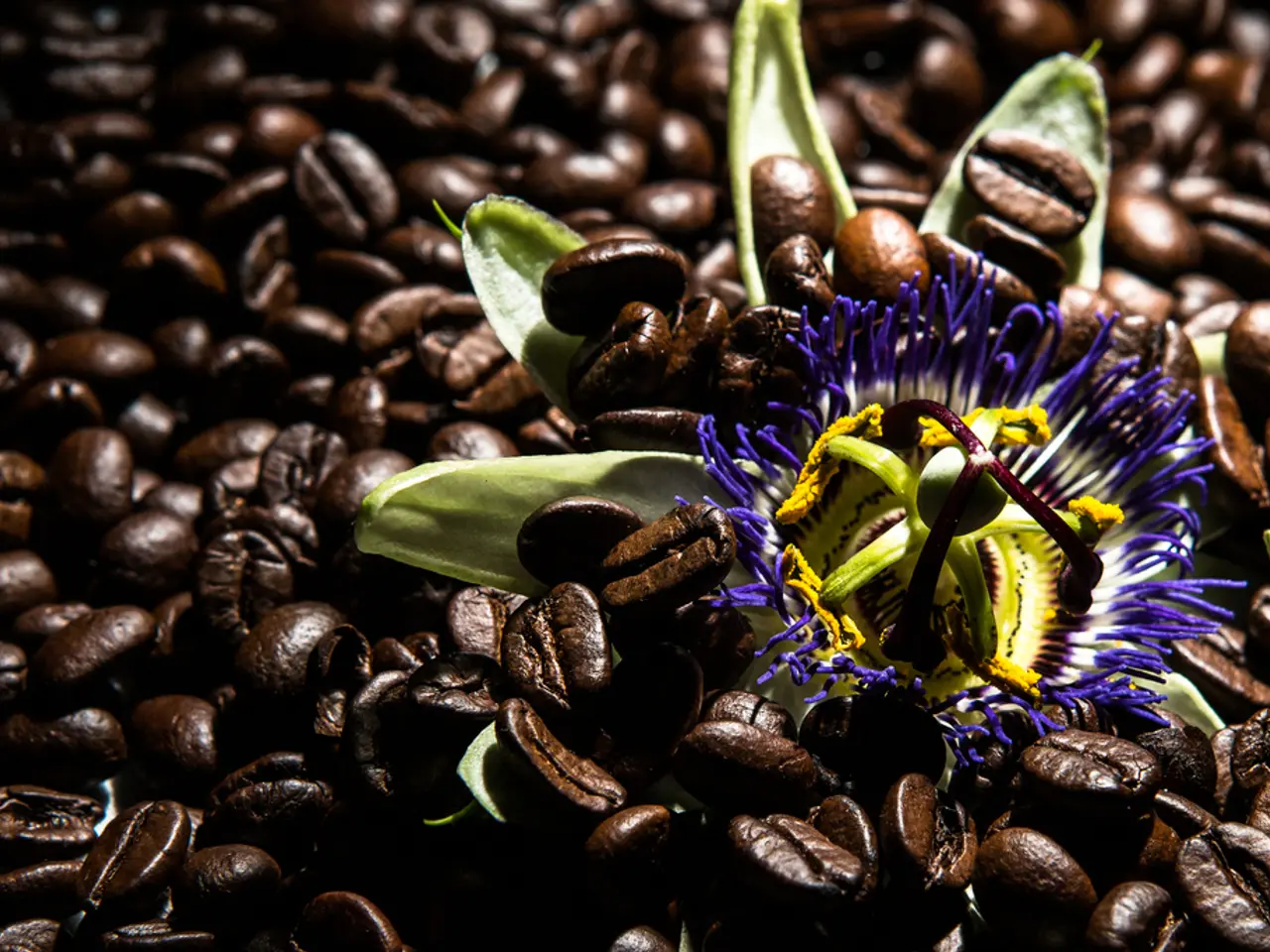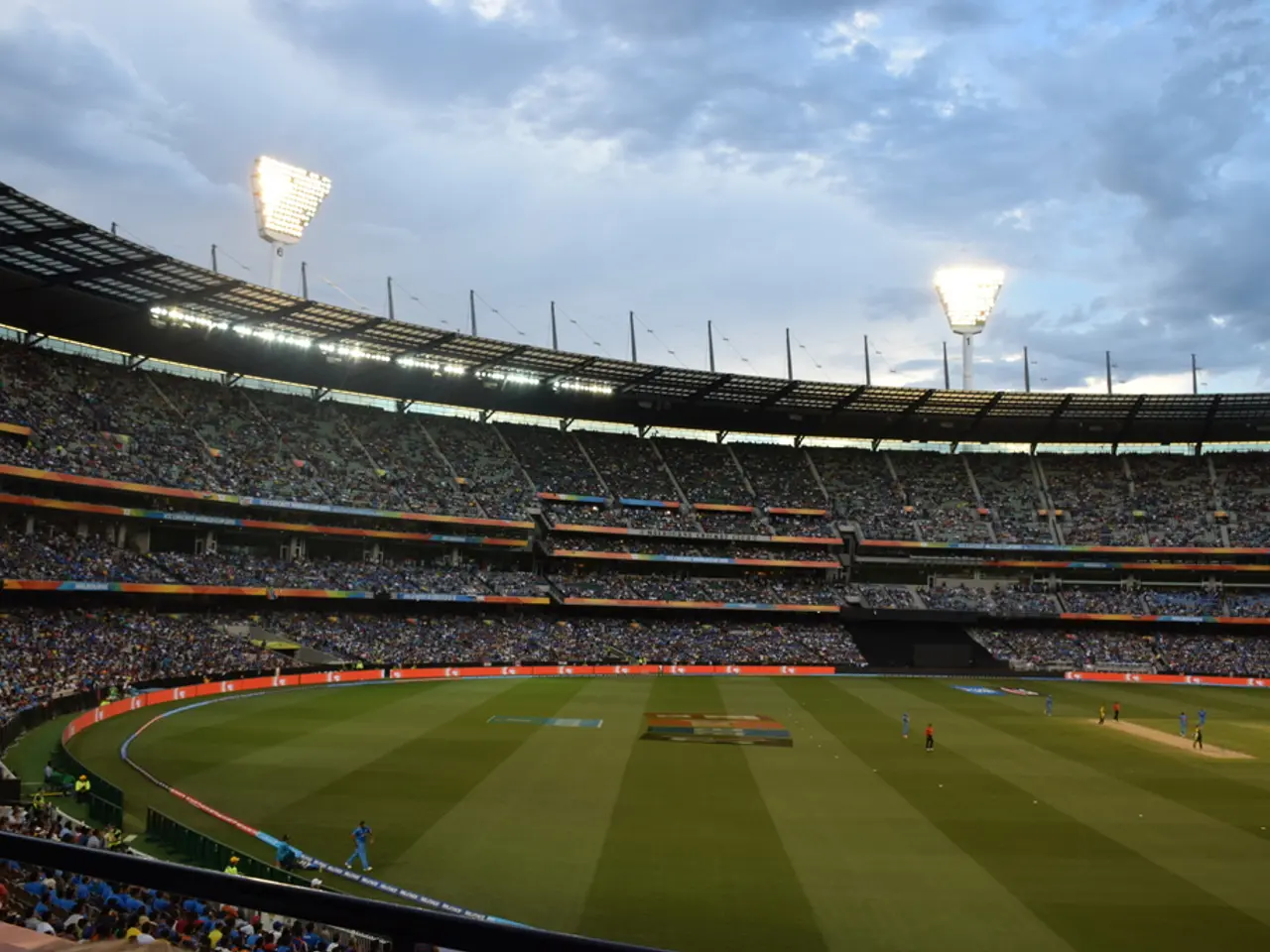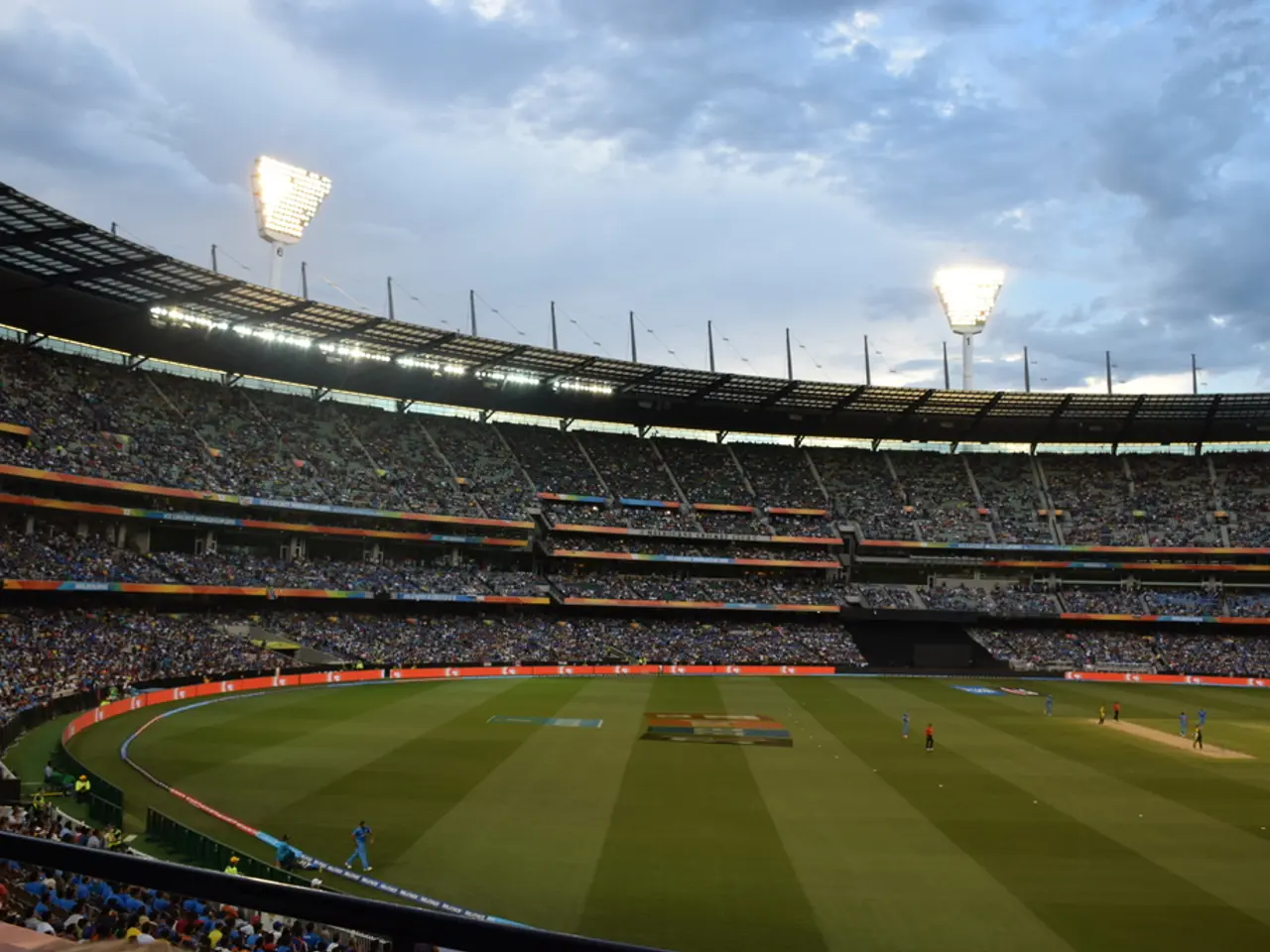"Hardeep Puri, in a statement, asserts India's self-sufficiency in meeting oil requirements, while the Ministry of External Affairs accuses NATO and Trump of displaying hypocrisy in their threats."
In response to the escalating geopolitical tensions, India is actively working towards diversifying its oil supply sources to ensure energy security and mitigate potential disruptions caused by secondary sanctions imposed by the US or the EU. Currently, Russia accounts for approximately 35-40% of India's oil imports, making it the dominant supplier. However, the country is ready to shift away if necessary.
India's Oil Minister, Hardeep Singh Puri, has emphasised that energy security is a top priority, and import decisions will be guided primarily by market conditions and availability. Puri has also assured that India would secure alternative sources if necessary, should Russian supplies be affected.
Key alternative suppliers and strategies India is considering include Guyana, Brazil, and Canada, which are being eyed as potential new sources for crude oil imports. Indian officials have expressed readiness to expand purchases from these locations. Additionally, Indian refiners such as Reliance Industries and Nayara Energy are diversifying by increasing imports from traditional Middle Eastern suppliers and procuring US crude to hedge against supply shocks.
The diversification efforts also reflect India's longer-term energy strategy to reduce overreliance on any single supplier. Puri noted that the number of supplier countries has expanded from about 27 to around 40, indicating the broader diversification efforts.
Moscow remains the top supplier to India, accounting for approximately 35% of its overall oil supplies. However, new suppliers such as Guyana and existing producers like Brazil and Canada are coming onto the market. Iraq, Saudi Arabia, and the United Arab Emirates are also significant oil suppliers to India, following Moscow.
Puri's statements were reported by Reuters during an event. The Ministry of External Affairs in India issued a sharp rebuttal regarding potential secondary sanctions on the purchase of Russian oil, cautioning against any double standards on the matter. Randhir Jaiswal, MEA spokesperson, emphasised the importance of maintaining India's sovereign rights in deciding its energy sources.
Nato Chief Mark Rutte urged India to "make the phone call to Vladimir Putin" and warned that potential sanctions would "hit very hard". However, Puri stated that he is not worried about potential sanctions on Russian oil imports, stating that they will deal with it if necessary.
In conclusion, India is prepared to shift to alternative suppliers primarily in the Americas and the Middle East to maintain its energy needs without severe disruption, should secondary sanctions on Russian oil buyers be enacted. This diversification also forms part of India's longer-term energy strategy to reduce overreliance on any single supplier.
- The Finance Minister of India, in light of global economic uncertainties and inflationary pressures, has proposed a defi-based solution to stabilize the domestic economy, aiming to improve liquidity and reduce government borrowing costs.
- With the growing interest in cryptocurrencies in the sports industry, several major football clubs have partnered with blockchain platforms to create fan tokens, offering fans the chance to vote on club decisions, access exclusive content, and participate in exclusive events.
- As India's Oil Minister, Hardeep Singh Puri, continues to secure alternative oil sources to ensure energy security, experts are predicting a potential rise in competition among market players, leading to a more efficient and less volatile oil market in the long run.








